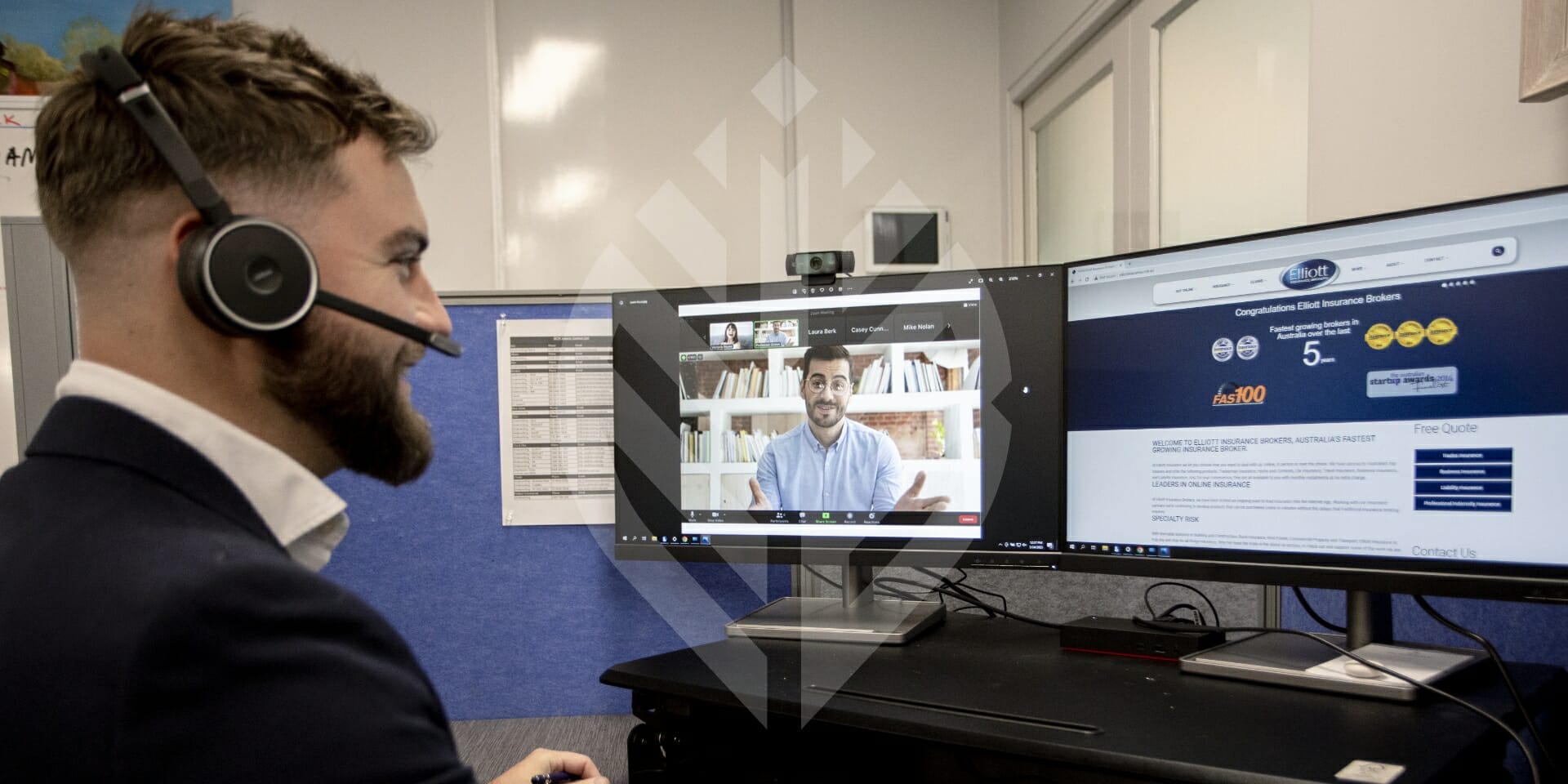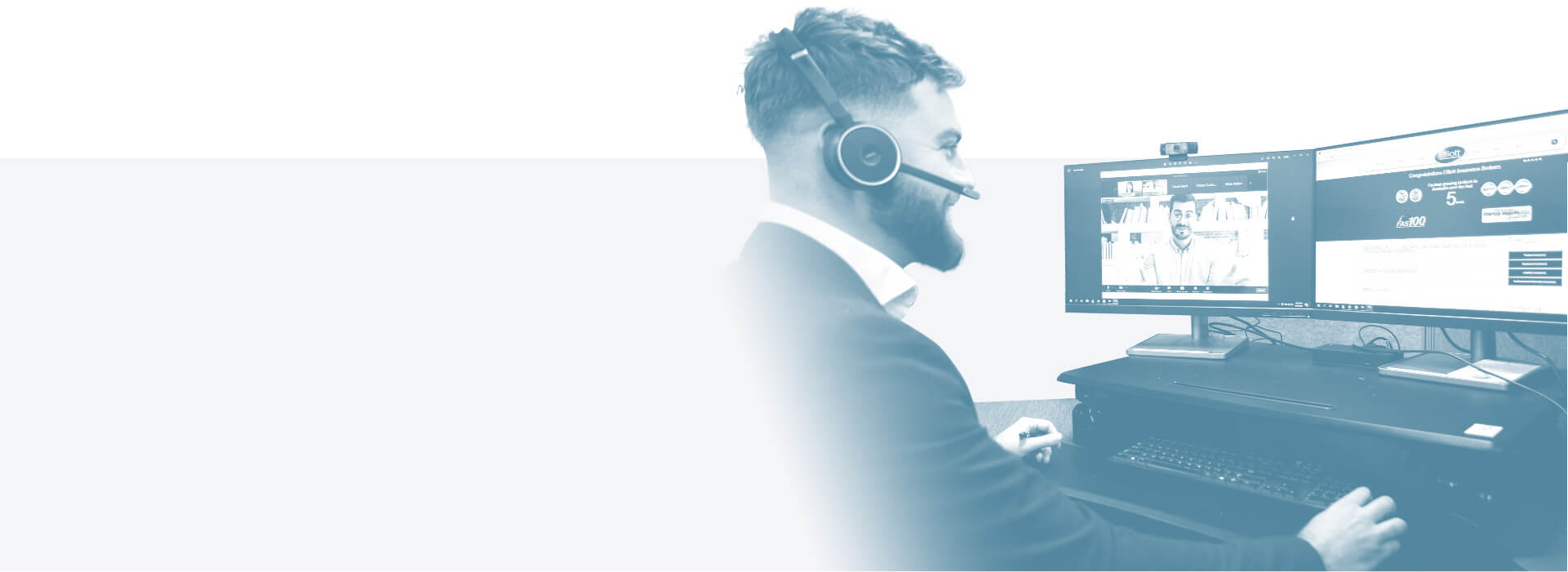
Identifying risks within your business can be a difficult task. Some risks might be obvious, whilst others are underlying or take time to reveal themselves. However, it’s important to identify any risk exposures within your business in order to be able to prevent them, to plan for them, and to also protect your business financially should something go wrong. Here is our guide to identifying your business risks.
Step 1 – Assess your business activities
The tasks you perform every day will impact your risk portfolio. If you’re sitting at a desk all day your risks might include health issues from eye strain or back problems. However, if you’re out working as contractor, visiting work sites, or training others, then your risk can extend to falls from heights or accidents on the road whilst driving. It can help to write down your day to day activities and then ask yourself what could go wrong with each one to reveal the risks.
Also consider what might happen if your internet fails, if your documentation is lost, or if you’re unable to access to premises. Think about your worst-case scenario where you’re in peak season and a loss occurs to your biggest income generator. These questions may help you identify more exposures that need prevention planning for your business.
Step 2 – What services do you offer?
The services you offer also pose risks. For example, if you offer advice for a living then your main risks could be related to errors or omissions of this advice, meaning you would require Professional Indemnity Insurance to cover the financial implications and legal costs. Whilst if your job is physically-based and you are a builder for example, it will be important for you to obtain Public Liability Insurance in order to protect against third party damage and third party injury claims.
Step 3 – Who is involved in your business?
Whether you’re an individual business owner, or a large corporation with hundreds or thousands of staff, you’ll need cover in place to protect the people within the business.
If you’re an individual business owner, you likely don’t get sick leave from an employer, which means Personal Accident and Illness Cover can help provide a steady stream of funds whilst you recover from down-time.
If you’re a small business you may consider engaging Key Man Insurance to protect against the loss of a director or a key business partner that make a significant contribution to the business.
If you have staff or trainees and apprentices, you’ll need to obtain Workers Compensation Insurance in order to cover any medical bills, loss of income, or rehabilitation costs of employees which have become sick or have been injured on the job.
If you are heavily reliant on suppliers it can also be wise to obtain Business Interruption Insurance in case these suppliers are lost unexpectedly and you are forced to find others who charge more, or there is a period where you cannot provide your service.
Step 4 – What are the outside factors?
The location of your business can impact your risks also. You may work outdoors, indoors, in a skyscraper, from home, or mobile from client offices. These work environments can affect your risks if you come into unexpected work conditions, or if you have hazards around the office such as wires or flammable stock.
You’ll also need to consider outside factors that can affect your business such as weather, flooding, natural disasters, power failures, or other business interrupting events.
Step 5 – Get professional help
By getting an outside perspective from a professional that identifies business risks every day within similar business and for your industry, you’ll be making sure you cover all of your bases. Insurance brokers do this for free. The job of an insurance broker is to go over any current policies you have in place, help you get the right cover if you don’t have it already, and ensure you’re protected for the unexpected. Once your risks are identified you can apply the right policies to protect your livelihood and your income.
To chat to know one of our insurance professionals at Elliott Insurance Brokers about identifying your business risks, call us on 1300 635 315 today.



